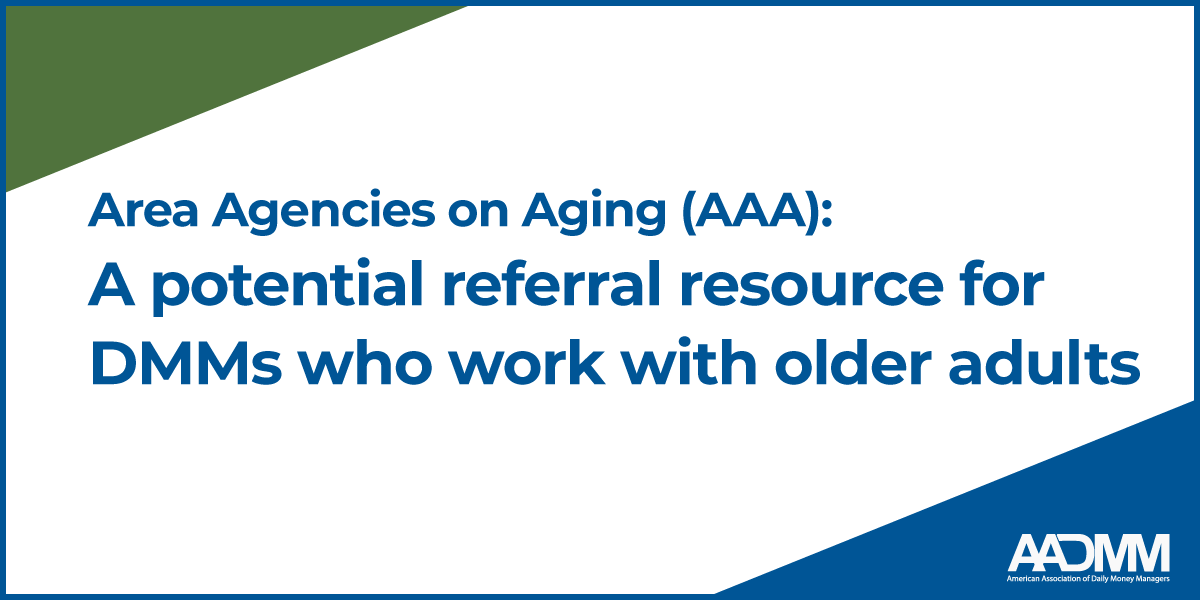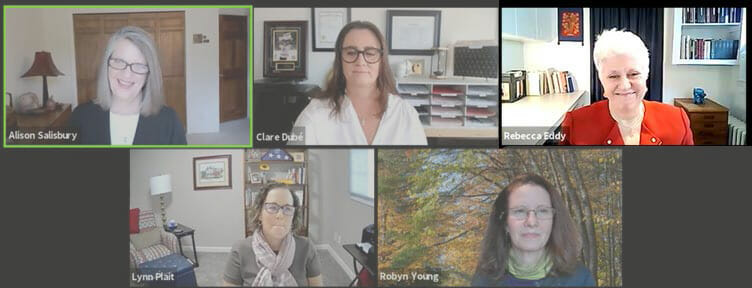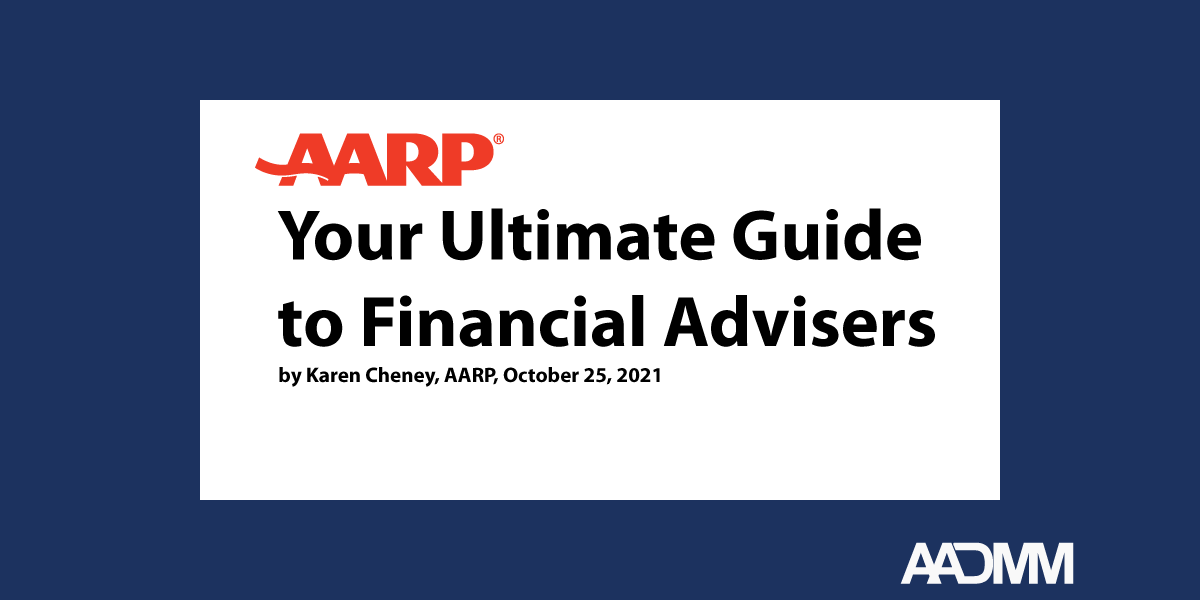
No matter your age, your profession, or your season of life, reviewing your list of beneficiaries annually is wise. Relationships, circumstances, or benefits can change, and sometimes, so do your recipients. There are everyday life events such as births, deaths, or marriages when you want to complete an annual beneficiary review. But the most compelling reason for an annual beneficiary review is to ensure your accounts distribute as you wish rather than just what you intended a year or two earlier. Keeping your beneficiary designations updated allows your executor to identify your wishes quickly and with less time and effort.
Are Your Beneficiaries Current?
Go through your records and reassess each asset, investment account, or insurance policy. If you can’t locate a copy or are uncertain of your designations, check online or request a copy. Have your relationships or any other factors changed in your life? Have the circumstances or finances of your beneficiaries changed? Has the value of the account changed significantly over time? Who do you genuinely want to receive the money in these accounts?

Here are life events that may trigger a review:
- Marriage/Remarriage/Divorce
- Birth/Adoption of a child
- Death of spouse or beneficiary
If you’ve recently married or divorced, it’s time to update your beneficiaries with the person you wish to be named. Have you done so yet? If you divorce, consult your attorney to confirm if there are any restrictions in the divorce decree that your former spouse must remain as the beneficiary on specific accounts.
Have you selected children, nieces/nephews, or grandchildren as account beneficiaries? As your family grows through birth or adoption, update designations to recognize the increased headcount. This update becomes essential if the proceeds are equally divided among a group. You do not want anybody you care about to be left out.
If your spouse or another beneficiary passes away, you’ll need to update the recipient on your accounts. Due to their passing, you may no longer have viable designations on record and the probate court and laws of your state will determine who your heir will be.
Who Can Be a Beneficiary?
Federal law requires the first beneficiary of your 401k and other qualified retirement plan accounts to be your current spouse. Any alternative selection requires your spouse to consent and sign off on this selection.
It is best to select primary and secondary beneficiaries for each of your accounts. Secondary beneficiaries are helpful in the unfortunate case your primary beneficiary passes away simultaneously or before you do. This step keeps your proceeds from slipping into probate court by passing funds directly to your designated secondary beneficiary.
You can also select non-family members or multiple recipients if you desire. Doing so allows your funds to go directly to the recipient and bypass any lengthy (and costly) probate process.
You may want to speak with an attorney about setting up a trust if you have questions about whether or not the people you choose can manage these proceeds, or if they are children under the age of 18. (Many insurance companies prohibit any primary beneficiaries under the age of 18.)
Be wise and don’t take the “easy way out” by assuming your will is ironclad. Regardless of your will, the outcome frequently depends on the insurance policy or account form on which your beneficiary is named. If you want someone else to be your designated beneficiary, you’ll need to update these records and not rely on your will.
Other Things to Keep in Mind
Request the required beneficiary designation forms from the insurance company, retirement plan administrator, or custodian of your investment accounts. Be prepared to provide the following on your selections: name, address, SSN, date of birth, and relation to you. Fully complete all sections of the form, sign and return it as instructed. Keep a copy for your records too, as well as a list of these names and their contact information. Next year, you’ll record your selections, and your executor’s duties will be less stressful. It can be tempting to omit identifying information such as a social security number or a date of birth. Taking this shortcut makes it challenging for the recipient to receive the money, especially if your loved one has a common name.
Do not forget to consider your recipients’ income streams. If they receive government assistance, for example, Social Security Disability Income, collecting a payout could impact their eligibility for benefits. Agencies might reassess their ability to cover daily expenses, reducing or eliminating their benefits. Discuss these concerns with your loved ones and advisor before naming them on any account.
Seasoned daily money managers can help you analyze and update your beneficiary list annually to keep your records current. Don’t leave your loved ones with a mess — an annual beneficiary review can help give you and your loved ones much-needed peace of mind.
Nanette Duffey is a Certified Daily Money Manager (CDMM®) and CEO of Organized Instincts, LLC. A version of this post first appeared on the Insights blog.





















